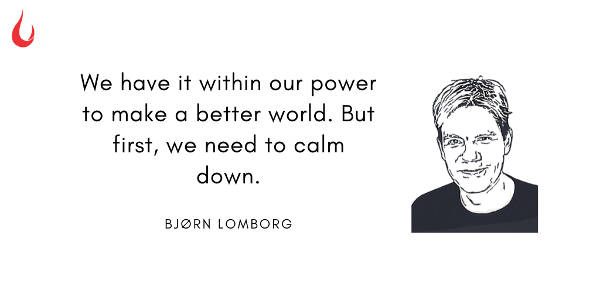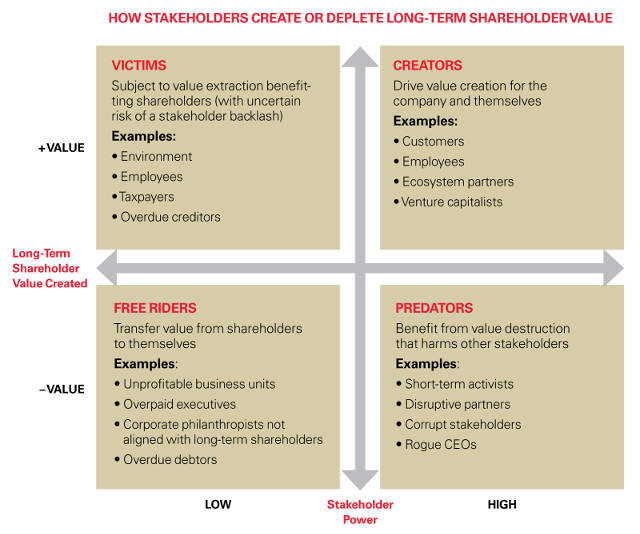[Photo by Michal Parzuchowski on Unsplash]
Good morning,
In An Economist in the Real World: The Art of Policymaking in India, Cornell economics professor Kaushik Basu writes about his time as India’s chief economic advisor to former Prime Minister Manmohan Singh. The book also has a brief history of Indian economic policy. Basu writes:
“On foreign exchange India had a naive attitude. Since India's foreign exchange reserves were so meagre, the instinct was to have rules to make it difficult, in fact, virtually impossible, to take foreign exchange out of the country in any reasonable volume. What the policymakers did not realize is that if you do not allow people to take foreign exchange out, they will be hesitant to bring foreign exchange into the country. Hence, allowing people to take dollars out more easily could actually result in more dollars being brought into the country. This inability to do two-stage thinking, as I would later discover to my dismay in the context of corruption control, is rather pervasive in policymaking, much to the detriment of nations.
“Fortunately, in 1991, the Indian government woke up to this folly and eased up foreign exchange flows outward and inward. Several commentators made dire forecasts about how India's meagre foreign currency reserves would soon run out. What happened was the opposite.”
This issue has some examples of that.
In this issue
- How some activists could end up undermining their own cause
- Why you should anticipate and neutralise value destroyers
- Why we should read history
Have a great day!
How some activists could end up undermining their own cause
As the story of the boy who cried wolf teaches us, false alarms have unintended consequences. Here are two more examples.
- In the 1940s, many Americans refused to believe stories about Adolf Hitler’s atrocities in Europe, because they thought it was all war propaganda. Many such stories that were circulated during the first World War turned out to be false, and they didn’t want to be taken in again.
- Many Indians don’t take the risk of Aadhaar security breaches seriously enough, because some activists tagged disclosure of Aadhaar numbers by some government agencies as #AadhaarLeaks, and ended up suggesting that the core database got breached.
In his new book, False Alarm, Bjorn Lomborg argues it’s taking place in climate change debates too.

He writes: Climate change is real, it is caused predominantly by carbon emissions from humans burning fossil fuels, and we should tackle it intelligently. But to do that, we need to stop exaggerating, stop arguing that it is now or never, and stop thinking climate is the only thing that matters. Many climate campaigners go further than the science supports. They implicitly or even explicitly suggest that exaggeration is acceptable because the cause is so important. After a 2019 UN climate science report led to over-the-top claims by activists, one of the scientist authors warned against exaggeration. He wrote: “We risk turning off the public with extremist talk that is not carefully supported by science.”
Dig deeper
- An excerpt of his book is available for download from Hachette. Click here for a 30-page pdf
Why you should anticipate and neutralise value destroyers
In their essay in the latest MIT Sloan Management Review, Paul Strebel, Didier Cossin, and Mahwesh Khan tell business leaders how they can reconcile their shareholders with other stakeholders.
They offer this useful 2X2 matrix

There’s a strategy for each of these quadrants. Here’s how one can deal with ‘predators’, such as disruptive partners, short-term activists, corrupt stakeholders, and rogue executives, who benefit from value destruction. Here’s how Royal DSM, a Dutch biotech company with a market capitalization of about $22.2 billion, prepared and dealt with predators.
They write: “DSM has been particularly effective at anticipating and neutralizing potential predators. Before activist investors could attack during its transformation from bulk chemicals to biotech, DSM placed a transient cash surplus in a separate foundation with the mandate that the cash could be deployed only in support of the company’s strategic vision. Later, when activist investor Third Point called for the company to be split in two to deliver immediate value to shareholders, the then CEO Feike Sijbesma dismissed the call. Instead, he implemented a new cost-savings strategy, divested DSM’s stake in a plastics and resins unit that was not part of the new strategy, and invested the proceeds in the development of the new biotech business. These moves blunted a predator’s influence while devoting DSM’s resources to building long-term value.”
Dig deeper
Why we should read history
Because:
“History never repeats itself but it rhymes.”
~ Mark Twain

(Via WhatsApp)
How do you keep with the past? Mail it to us (our address is below), or share it on Twitter, tagging @foundingf. Or head to our Slack channel.
And if you missed previous editions of this newsletter, they’re all archived here.
Bookmark Founding Fuel’s special section on Thriving in Volatile Times. All our stories on how individuals and businesses are responding to the pandemic until now are posted there.
Warm regards,
Team Founding Fuel

